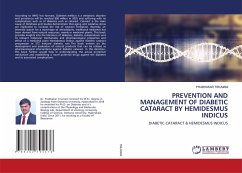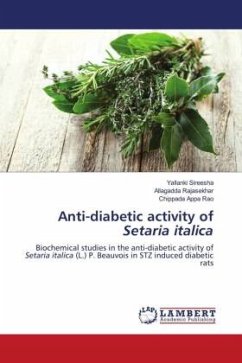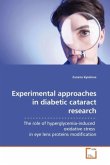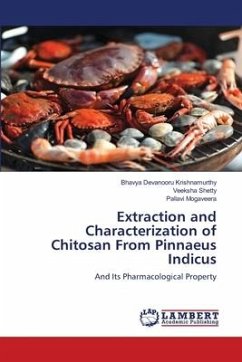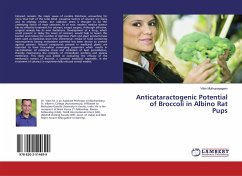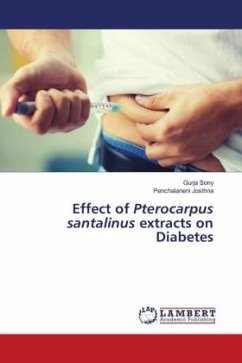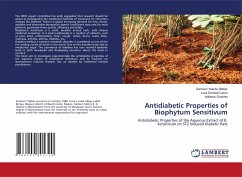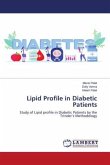According to WHO has forecast, Diabetes mellitus is a metabolic disorder and prevalence will be reached 600 million in 2035 and suffering with its complications such as of diabetes such as cataract. Cataract is the main cause of blindness and studies demonstrate that aging and oxidative stress are implicated to increase the risk of cataract formation. Recently, an intensive search for a novel type of antioxidants, traditional medicines has been derived from natural resources, mainly in medicinal plants. This book provides insights into the literature of diabetes, diabetic complications and its relevant molecular mechanisms and pharmacological properties and effect of a medicinal plant Hemidesmus indicus against diabetic cataract progression in STZ induced diabetic rats. This book written on the development and evaluation of natural products that can be utilized as pharmacological interventions against diabetic cataract. In this direction, this book further would help in understanding the actual protective mechanism and establishing a novel potential drugs against the diabetes and its associated complications.
Hinweis: Dieser Artikel kann nur an eine deutsche Lieferadresse ausgeliefert werden.
Hinweis: Dieser Artikel kann nur an eine deutsche Lieferadresse ausgeliefert werden.

